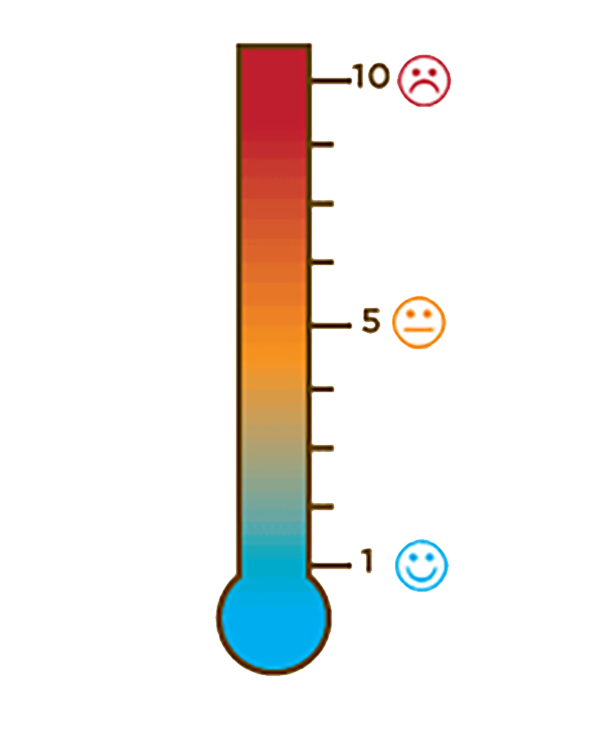Scientifically Proven Strategies of Cognitive Behavioral Therapy (CBT)
A virtual lecture by Dr. Bridget Walker
Empowering Parents with Knowledge and Tools to Effectively Manage Anxiety in the Family.
When a child does not outgrow the fears and worries that are typical in young children, or when there are so many fears and worries that they interfere with school, home, or play activities, the child may be diagnosed with an anxiety disorder. Bridget Walker, PhD, a clinical psychologist specializing in treating anxiety and associated disorders, discusses the signs of anxiety, the triggers that cause anxiety and suggestions for parents to help their children.

Children

Teen

Adult
Identifying the Problem
So how do you determine if the amount of anxiety you or a loved one is experiencing falls outside the range of “normal?” How do you identify anxiety? If you are seeking answers, you are probably already uncomfortable with the anxiety levels in your life. Perhaps this anxiety is adversely affecting your day-to-day routine. Or possibly you are spending unusual amounts of time providing reassurance to a fearful child. If you feel that the current anxiety being manifested causes you to alter your customary activities, this questionnaire may help you to determine if CBT is the solution for you.
Anxiety Questionnaire
What is Anxiety
Anxiety is a normal part of any healthy person’s life. Mother Nature equipped us with the fight or flight response to help us protect ourselves in dangerous situations. Anxiety can also prove helpful by heightening our performance in areas such as athletic competitions and standardized tests. Sometimes, however, anxiety can grow to the point where, instead of serving us well, it becomes harmful to a person’s well-being.
Learn more
Knowledge Tools
and Strategies




